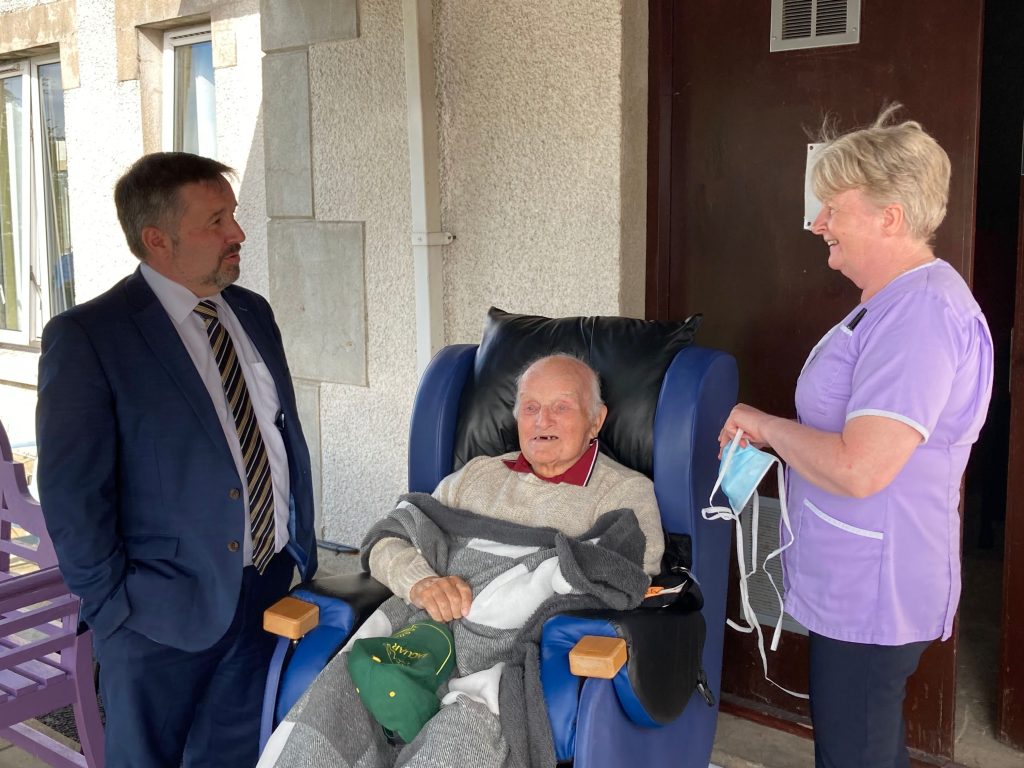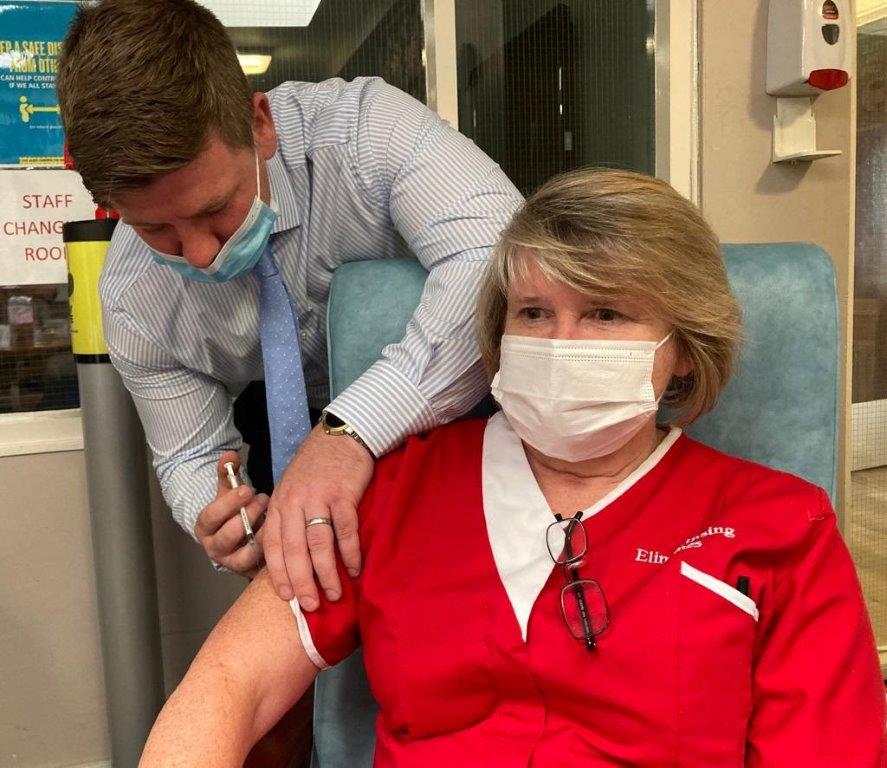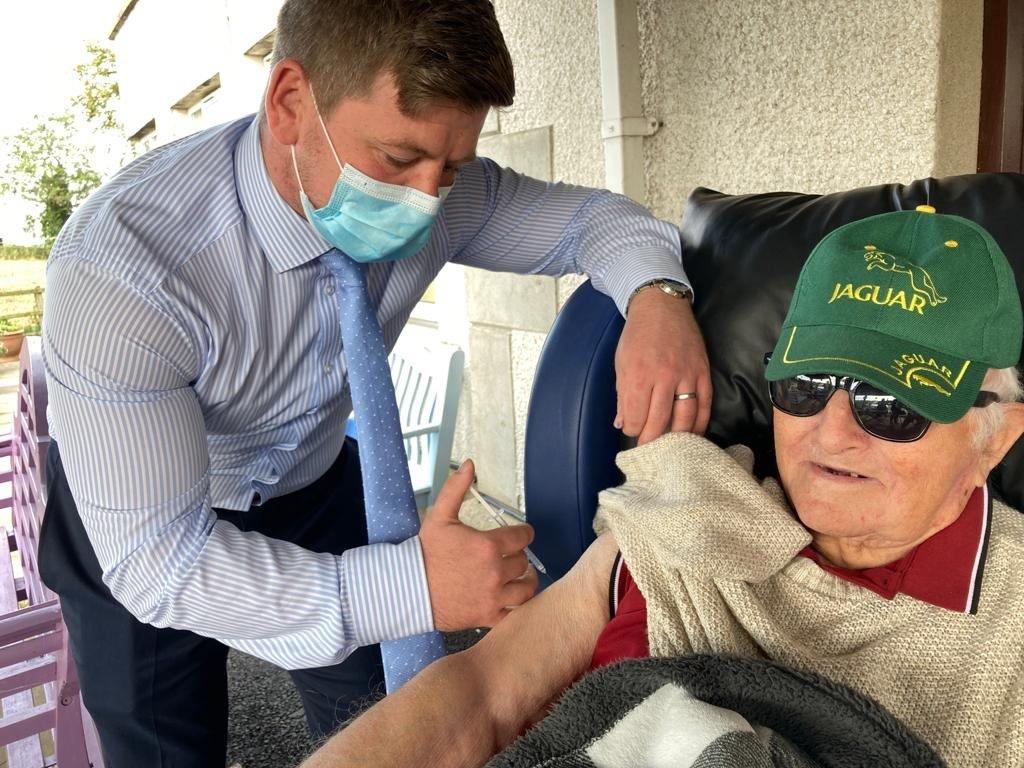A new campaign has been launched in community pharmacies across Northern Ireland raising awareness of the signs and symptoms of cancer to help with early diagnosis.
‘Spot Cancer Early’ is running in community pharmacies as part of the Living Well service. It highlights the role of pharmacy teams in providing advice and support, and encourages people who may be experiencing possible cancer symptoms to talk to their GP.
Living Well is offered in over 500 pharmacies across Northern Ireland and provides information and advice on public health issues. It is delivered in partnership with the Public Health Agency (PHA), Community Pharmacy NI (CPNI), and the Department of Health (DoH).
Dr Louise Herron, Consultant in Service Development and Screening at the PHA, said:
“The earlier cancer is diagnosed, the greater the chances of survival as treatment is more likely to be successful. Changes to your body’s normal processes or unusual, unexplained symptoms can sometimes be an early sign of cancer. It’s important to be body aware and take action if you notice any unusual changes.
“Spotting cancer early could save your life.”
The Living Well campaign, which will run throughout September and October, is supporting the recently launched ‘Spot Cancer Early’ mass media campaign by Cancer Research UK (CRUK), in partnership with the PHA and Northern Ireland Cancer Network (NICaN). The campaign, aimed at the over 50s, urges people to contact their GP practice if they notice a change to their health which is unusual for them or isn’t going away. While cancer can develop at any age, it is much more common in older people. Data indicates that almost 9 in 10 cancer cases in the UK are in people aged 50 or over*.
Living Well also aims to promote healthy changes to help reduce the risk of developing cancer and encourages anyone who needs help to make positive changes to speak to their pharmacist.
Cancer becomes more common as we get older, but whatever your age, it’s always best to listen to your body and act on any concerns. You should contact your GP practice if something doesn’t feel quite right.
“Don’t let fear of what the doctor might find or feelings of embarrassment stop you
from getting checked out.” added Dr Herron.
“We are urging people to get checked early if they have any concerns. It is important for everyone to be aware of warning signs which need to be investigated.”
Kevin McDevitt, Community Pharmacist from Crossin Chemist on the Antrim Road said:
“Community pharmacy is the ideal setting to help encourage people to look after their health by engaging in initiatives such as the ‘Spot Cancer Early’ campaign. Following last year’s Living Well cancer campaign, 36 pharmacies reported patients being diagnosed with cancer, or pre-cancerous cells, requiring emergency consultant care or surgery as a result of their engagement. This underlines the critical role pharmacy teams play in supporting early cancer diagnosis and timely referral.
“As well as advising on how to spot cancer early, pharmacy teams can help support people to make healthy changes that could reduce risk of cancer. The first step is simple, just ask your pharmacist for advice.”
As part of the Living Well campaign, community pharmacies across Northern Ireland are providing free information booklets, Be Cancer Aware – Spotting symptoms and reducing your risk, to members of the public. A copy of this leaflet can be found at www.pha.site/Living-Well
Below are some things that could be symptoms of cancer. A fuller list of key signs and signs and symptoms of cancer is available online at www.cancerresearchuk.org/about-cancer/cancer-symptoms
In many cases these symptoms will turn out to be a sign of something far less serious, but if it is cancer, an early diagnosis means treatment is more likely to be successful.
- Persistent cough or shortness of breath;
- Unusual changes to the size, shape or feel of a breast, including nipple or skin changes;
- A change in bowel habit, such as constipation, looser poo or pooing more often;
- Unexplained bleeding in your pee or poo or unexplained vaginal bleeding, including after sex, between periods or after the menopause;
- An unusual lump or swelling anywhere on your body;
- A new mole or changes to a mole;
- Unexplained weight loss;
- An unexplained pain or ache.
In addition to the campaign materials, further information can be found at www.cruk.org/spot-cancer-early-NI
The website supports the cancer awareness campaign and provides information about cancer signs and symptoms, gives advice on getting an appointment with your GP and includes information on cancer screening.





